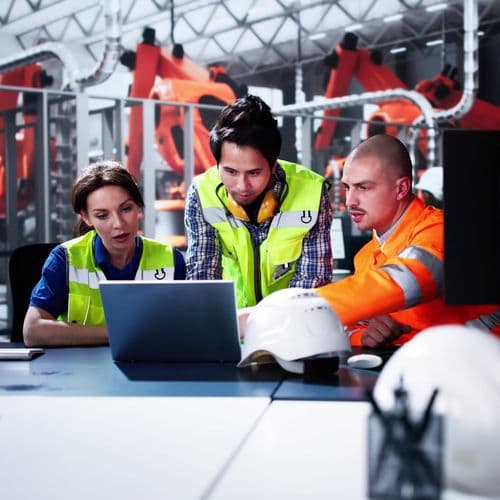Eurofound has developed three regularly repeated pan-European surveys to contribute to the planning and establishment of better living and working conditions. The surveys offer a unique source of comparative information on the quality of living and working conditions across the EU. Detailed analysis of the survey data allows Eurofound to identify new and emerging trends, as well as to gain deeper insight into the issues central to European policy. The results provide a strong basis for policymakers to identify opportunities for improvement and to develop forward-looking perspectives. The surveys are a key element in Eurofound’s mission to provide high-quality information and policy pointers for EU and national-level policymakers, social partners, researchers and European citizens alike. In addition, following a different methodology Eurofound runs a regularly repeated e-survey on living and working in the EU since 2020.



&w=3840&q=75)
